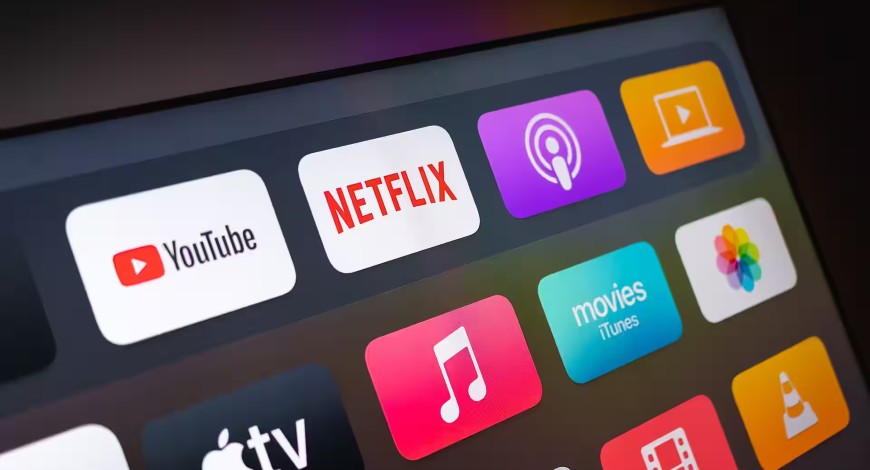Table of Contents
News – Trai’s Proposal To Regulate OTT Services Is Clouded By Privacy Concerns
When the Telecom Regulatory Authority of India (Trai) said last Friday that it would consider regulating social media networks including WhatsApp, Google Meet, and Telegram, the move provoked a range of responses. On the one hand, telecom companies that have been advocating for an equal playing field—”same service, same rules”—are applauding it. On the other side, important issues like privacy invasion and net neutrality are coming to light.
Voice call and SMS income for telecom providers has fallen by 94% and 80%, respectively, during the previous ten years as these platforms’ internet-based calling and messaging services have gained popularity. If these platforms are brought under the regulatory umbrella through licensing, they may be required to pay additional costs, share in the profits, and, if required, provide law enforcement with user data and investigations.

Increased regulatory monitoring has long been resisted by OTT services, which are now permitted to operate in India without a license. They contend that it might impede innovation and raise privacy issues. According to experts, the technology might be taken away from responsible players and put in the hands of unorganized players who cater to and serve the whims of the government.
According to Utkarsh Sinha, managing director of Bexley Advisors, “it is crucial that regulations are always developed with a long-term perspective, in collaboration with the players being regulated, and not in a protectionist way, trying to preserve old revenue streams.”
“An unpleasant outcome of this would be the emergence of supple platforms prepared to bend to these regulations, which ultimately serves to damage both the interests of consumers and the general public. The impact on privacy and expectations of privacy would be greatest,” he continued.
On the other hand, the Cellular Operators Association of India (COAI), the top organization that represents telecom operators in India, supported a call for OTT services to pay a “usage charge” “for leveraging their networks to provide profitable services” in February of this year.
S. P. Kochhar, director general of COAI, told DH that creating a future-ready regulatory framework to address recently developed concerns is indeed a commendable move. “With the constantly and rapidly evolving digital technology ecosystem, devising a future-ready regulatory mechanism to deal with newly emerging issues is indeed a commendable step,” he said.

Privacy protection vs selective banning
The watchdog noted in its research that any broad suspension of telecom and internet services is stressful for both the public and the economy, as it expressed concerns about OTT services being used for terrorist or criminal purposes. This has sparked debate concerning particular prohibitions.
In actuality, a parliamentary standing committee had first brought up the subject and advised the Department of Telecommunications (DoT) to develop a policy on the subject.
A licensing and regulatory framework for OTT services should include rules for topics such as “lawful interception,” “privacy and security,” and “customer verification,” among others. Trai has asked for proposals in this respect.
Apar Gupta, the founder and director of the Internet Freedom Foundation, tweeted, “These are serious questions that may prompt regulatory proposals leading to further erosion of user privacy, end-to-end encryption on platforms like Signal and WhatsApp, and formalization of a whitelisting approach in which bans are made on a class of services that provide communication services such as even social media messaging and sharing.”

Internet Neutrality
There are concerns that regulatory initiatives may be sacrificed at the altar of net neutrality, which assures internet service providers that they do not discriminate on access to content in OTT services. Experts warned that selectively prohibiting communication services might violate both private rights and the foundational principles of the internet.
“This kind of overregulation can fundamentally change the conversation about net neutrality, both from a negotiating standpoint (since incumbents will want the regulator to give in to the privacy-related changes sought) and from an economic perspective (as it is challenging to keep a platform open and financially viable at the same time), especially in the face of regulation. It may be a risky move to take that approach,” said Sinha.

READ ALSO – 90% of The Support staff At Dukaan Are laid Off After The Introduction of AI chatbots for Customer Service
Dukaan, a DIY platform that enables retailers to create their own online store without any programming knowledge, is the most recent business to reduce its human labor as a result of AI.


